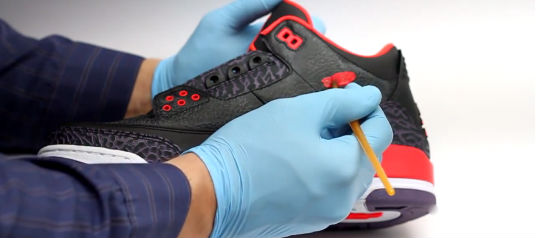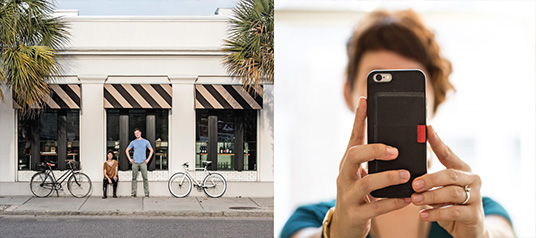Learn from Successful Brands on Shopify

B&M Fabrications
- North Branch, MN
Common sense, a little elbow grease, and pig-headed determination is all you need to get your idea off the ground. So what are you waiting for?

Silk Laundry
- Gold Coast, Australia
Believing that you have a great product makes it easier to keep going.

Angelus Direct
- Santa Fe Springs, CA
Don't try to take on too much at once. All those apps took me months to get running. Now the site practically runs itself! I went from one package through USPS to over 2500 a week. If it can happen to me, it can happen to you.

Blu Kicks
- San Francisco, CA
In the beginning it's better to do one or two things really well than many things poorly. Part of that is finding places where you can leverage tools and software to free up time to focus on growing the business.

Distil Union
- Charleston, SC
Starting with zero background in e-commerce, we've been able to start from scratch with Shopify, and build a profitable business that we're proud of.
Filter by category













